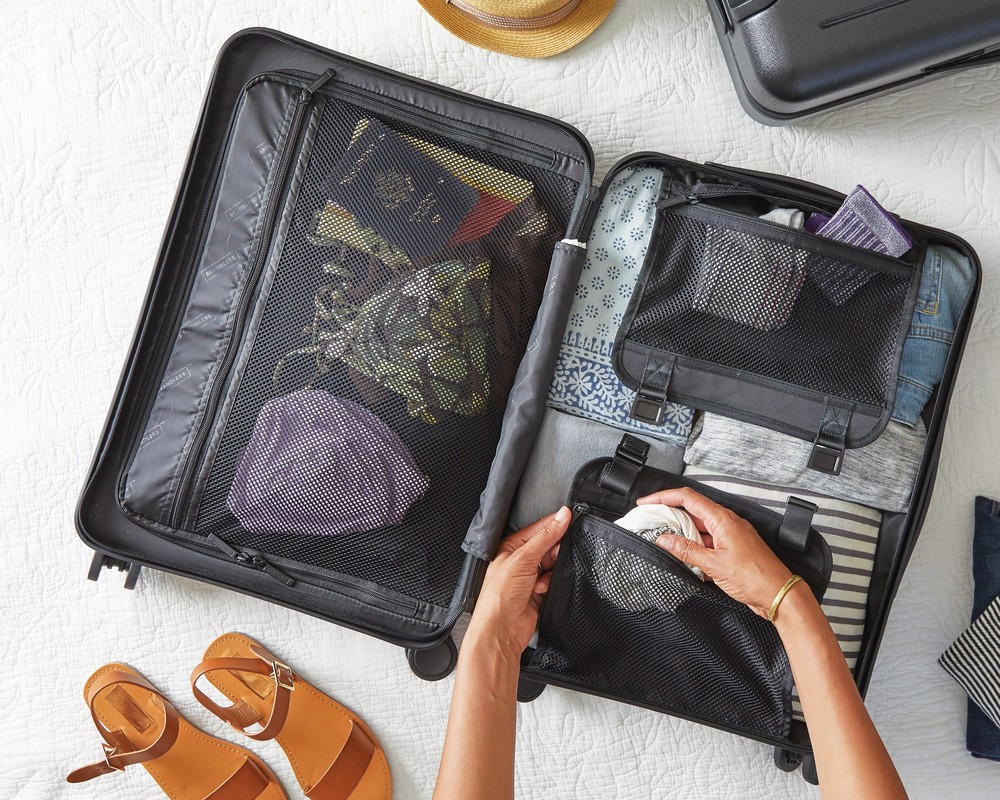‘Disruption’ is a word you’ll have seen a lot of when it comes to startups. The likes of Uber, Netflix and Airbnb are the predominant examples of innovative tech companies who have challenged established business models and transformed their respective industries, often by putting power firmly in the hands of smartphone users. Through their disruption, they’ve forced long-standing players to radically alter their thinking or face irrelevance.
If you’re serious about becoming an entrepreneur, the big money is in disruption…
Disruption case study: The rise and (possible) fall of Uber
When Uber launched in London in 2012, I had a hard time feeling sorry for black cab drivers who had largely failed to integrate any form of electronic payment devices into their cabs and consistently refused to take me south of the river after 11 pm.
When I travelled to India and could still use the app there, avoiding lengthy bartering sessions, I couldn’t believe my luck. Uber is now in 600 cities across 65 countries.
But of course, Uber’s ‘too good to be true’ pricing has proved just that. Their questionable morals and concerns about customer safety have led to TFL stripping Uber of its licence to operate.
Not that it’s stopped them before, or indeed this time, as they continue to run during the appeal process.
Whether Uber continues to trade in London or not, it’s launch saw a shake-up of the whole industry with lots of other ride-hailing and comparison pricing apps emerging and companies like Addison Lee and even the black cabbies upping their technological games.
6 signs that an industry is ready for disruption
- Inconsistent pricing
- Unaffordable for the masses
- Lack of customer trust
- Behind the times when it comes to technology
- Long supply chains
- High levels of inconvenience caused for the customer
7 industries ripe for disruption in the 2020s
In the 2010s it wasn’t just taxi drivers who found themselves dropped from a great height into a new high-tech era. From razors (Dollar Shave Club) to the restaurant industry (Deliveroo), banking (Monzo) to booksellers (Amazon’s continued growth), traditional players have had to innovate (fast) or die. What sectors should be looking over their shoulder in the 2020s?

Healthcare
Missed appointments, inefficiencies in systems, trips to the pharmacy and long queues for prescriptions are just a few of the problems that need solving with regards to healthcare. We’re starting to see the launch of online appointments for less urgent needs. With an ageing population, the industry needs to make better use of technology. The focuses should be on more personalised healthcare, early intervention and prevention not cure.

Moving
The UK removals industry is worth nearly £1 billion (Twomenandatruck.co.uk) and the average price for a domestic move is about £1000 (Removalreviews.co.uk) and it’s long overdue for disruption. There are no clear market leaders from a brand perspective so consumers don’t know who to trust. Levels of service and pricing vary greatly making it the prime opportunity for someone to swoop in and cause a stir.


Legal
Legal advice is sooo expensive. Not only that, where do you start with finding someone, knowing if they’ll be any good or even knowing what you need them to really do? Many people report similar experiences with solicitors when buying homes where they are frustratingly left waiting, seemingly unnecessarily, for services that they have paid a lot of money for and you are stuck with no other choice. A cost-effective, easy to access (online) service that appeals to Gen Y and Z will break the mould.


Furniture
We’re starting to see the move of furniture shopping from offline to online and there has certainly been an explosion in the sales of mattresses over the internet in the past few years with companies like Emma and Casper. These businesses are getting a reputation for quality products, excellent service and convenience at a fair price. What other commodities could this be replicated with? Sales for sustainable, space-saving and home office furniture are all set to rise this decade.


Travel
Online travel agents came along and took over from high street travel agents. Airbnb came along and shook up the whole hotel industry. But this sector will continue to evolve. The hospitality industry is, in general, years behind when it comes to utilising big data and digital marketing. Virtual reality could transform the way we book our holidays. Tastes will continue to change, the current trend is for authentic experiences and sustainable travel. Gen Z is spending more of their money on memories, not things, travel and working abroad being high up their priority list. But with an ageing population, there’ll still be a place for talking to a real person to book your trips.


Recruitment and estate agents
These guys seem to be clinging on for dear life. In fact, some may say they are doing better than ever as the way we search for properties and jobs has moved online with the job or property hunter doing a lot of the leg work. But we still need the agent to close the deal, and take their nice chunk of commission. When it’s done well it’s great but there is so much inconsistency, probably due to pretty much anyone being able to rock up and say they are an agent. These industries still have bad reputations and are well overdue a cleanup.


Fashion and retail
From a design and trends perspective, fashion and retail are always ripe for disturbance and from a sales perspective, this is very much the case too. Online retail is an over-crowded space and the race to have the best usability for customers is on. ASOS seems to be leading the way with super easy ordering, updates and returns. Customer service needs to be instant through Twitter or chatbots. And we can’t be too far away from having excellent personal recommendations based on body shape, size, tastes, skin colour and season, delivered to us so we can ‘try them on’ digitally.
Of course, sustainability is also a key consideration when it comes to fashion. We’re starting to wise up to the fact that buying a few different cheap polyester tops from Primark every time the season changes isn’t good for the polar bears. Concepts like swap shops are popping up for exactly this reason.

To be a big tech disruptor takes huge ambition, courage and investment as “it’s almost always ‘winner takes all’”. But if you’re not one of the main disruptors, can you plug into the new way of doing things? Companies like Airbnb and Amazon have facilitated a vast array of offerings so that almost anybody could become a host, offer an experience, sell a product or start an affiliate scheme.
If you already own a business, be ready for change. If you’re not anticipating altering your business model at some point you risk fading into irrelevance. But bear in mind as everything becomes digital, gaps will still exist for those left behind.
For a comprehensive guide to getting your business up and running, download our how to start a business in 20 days eBook.













